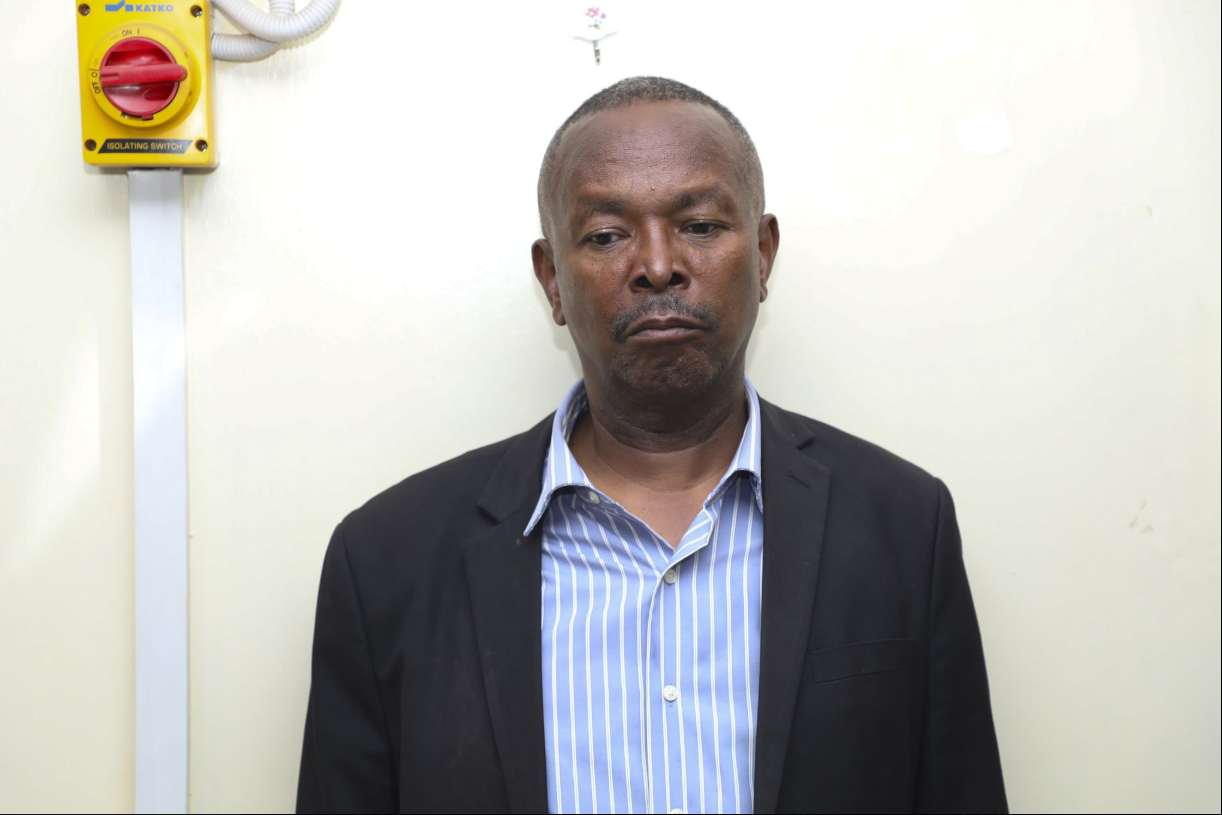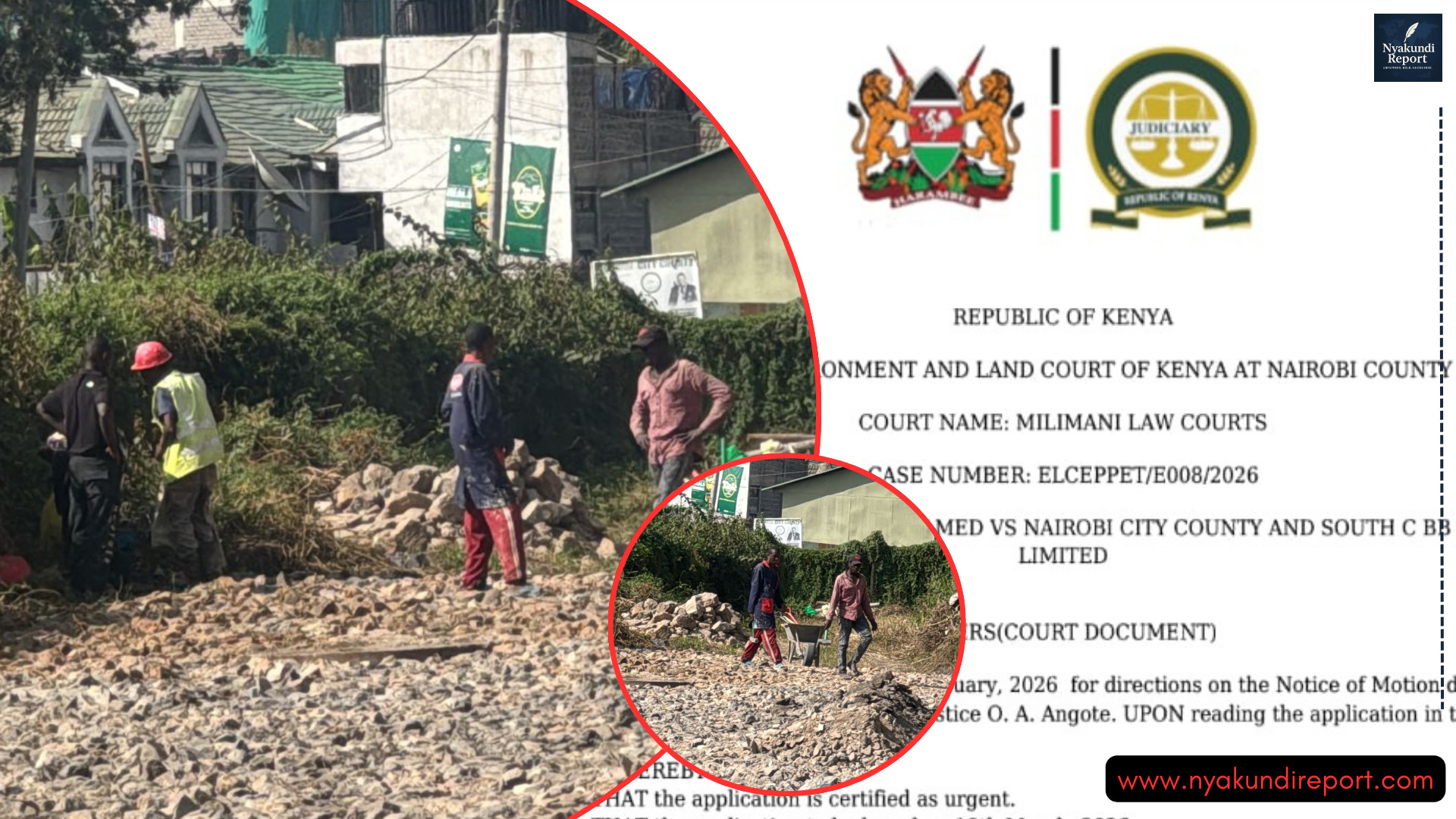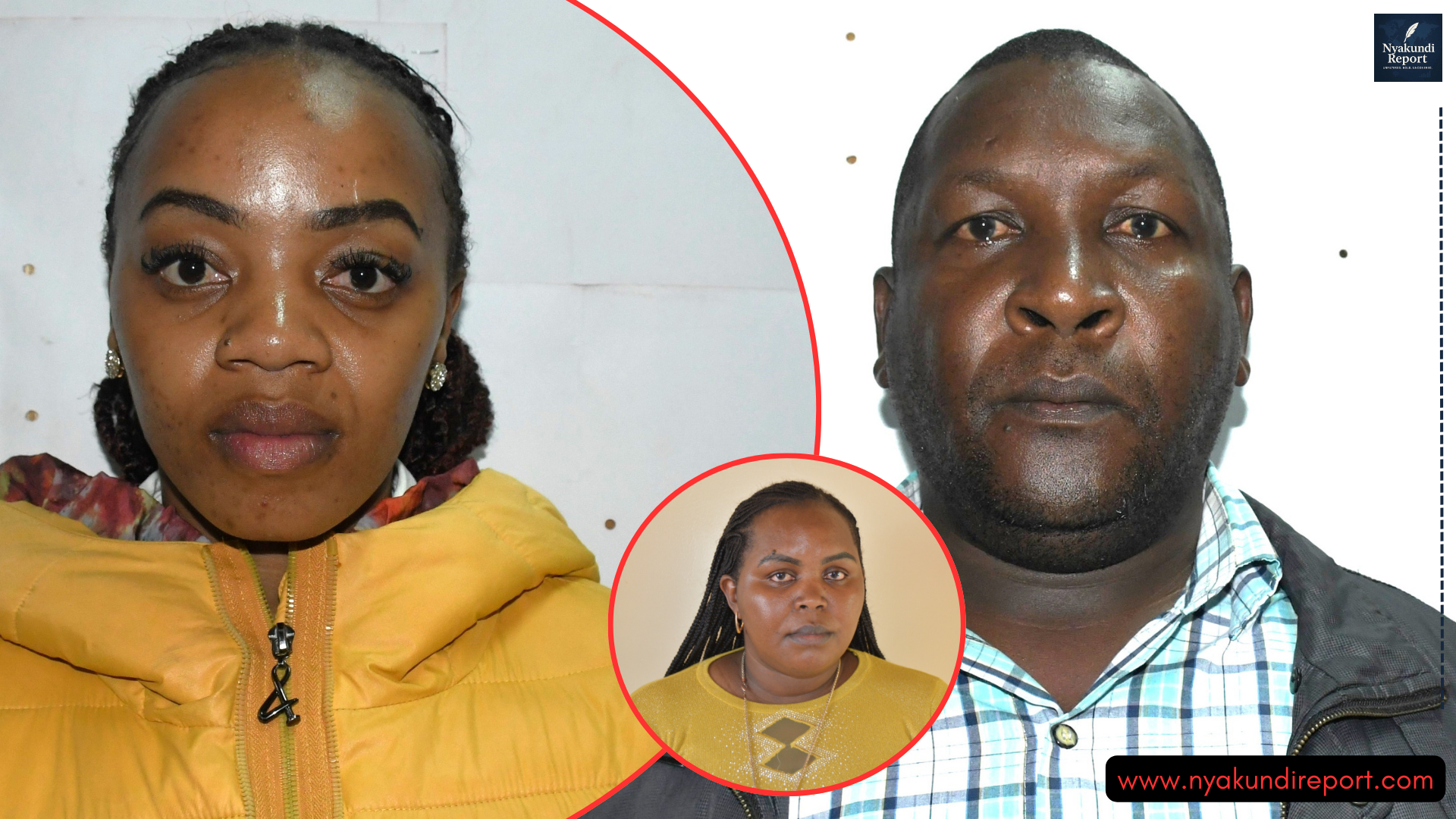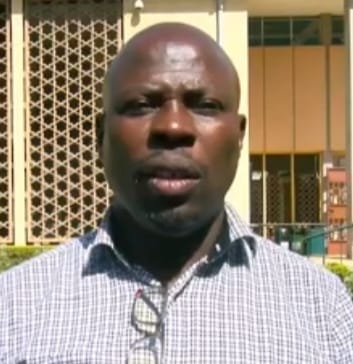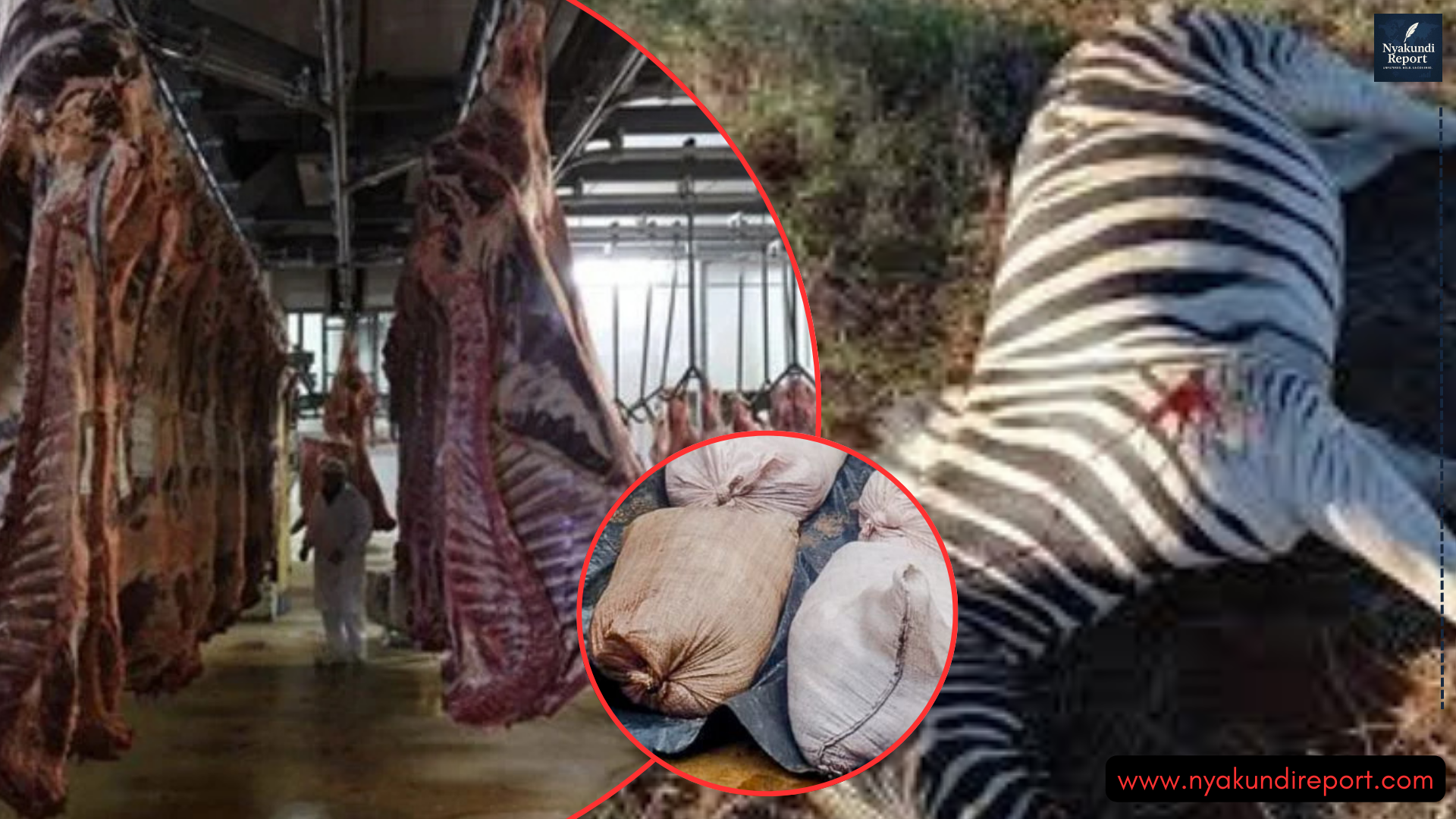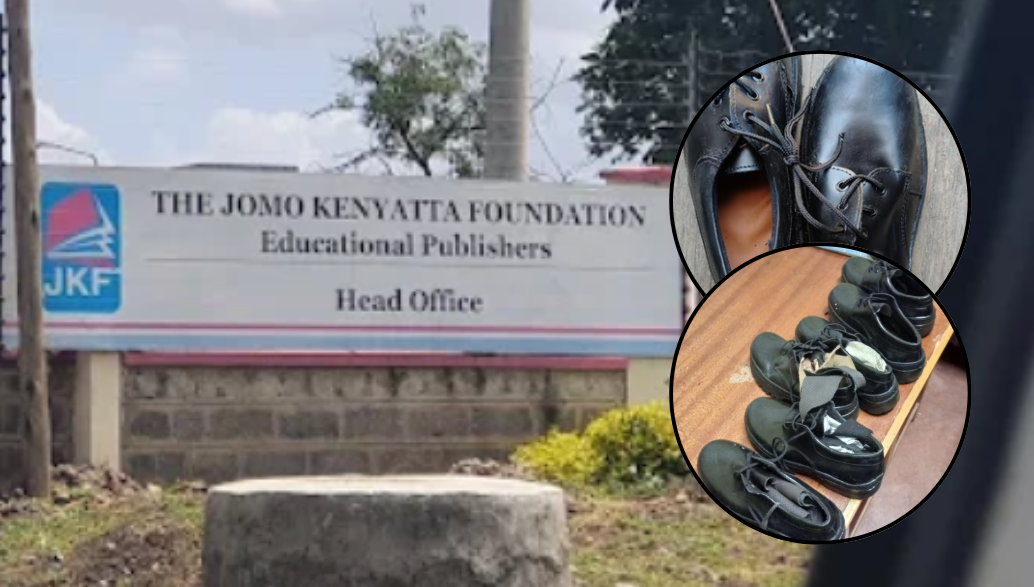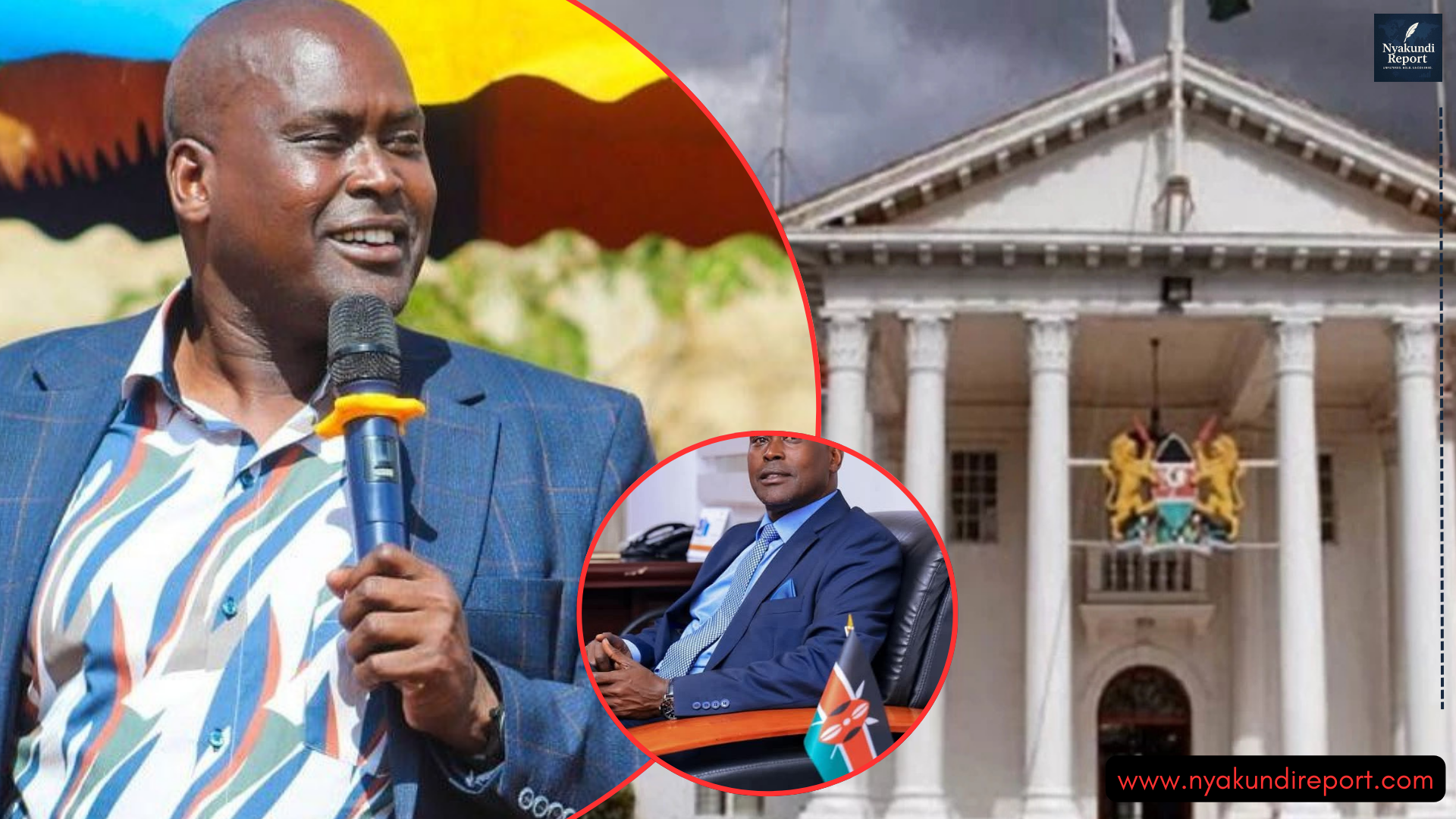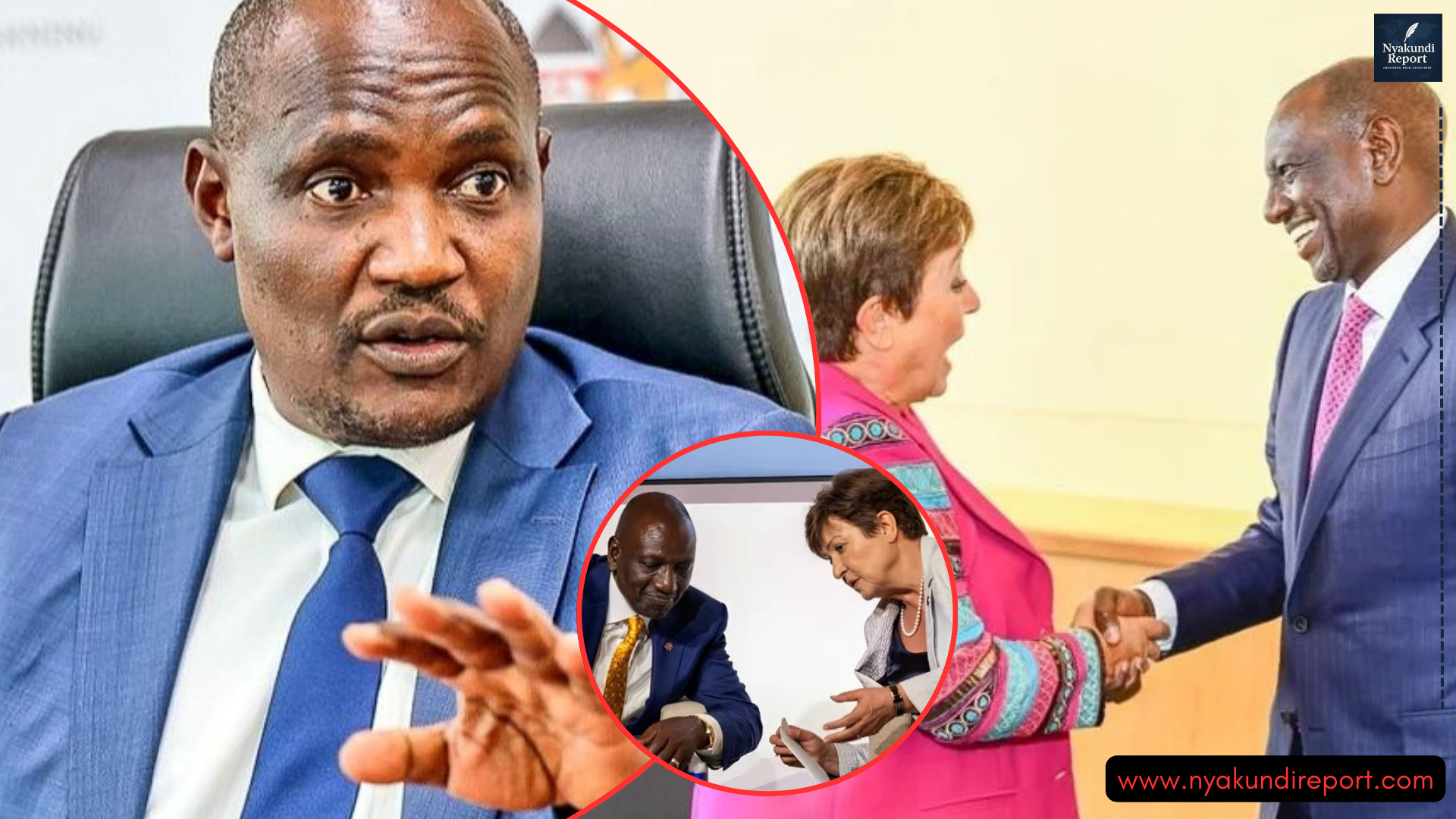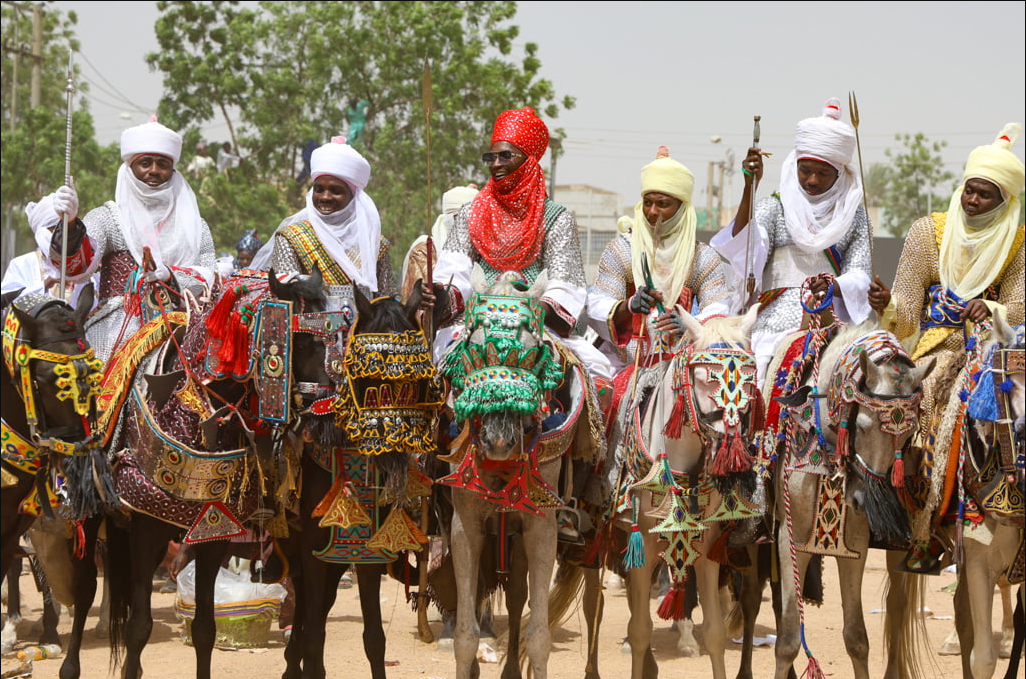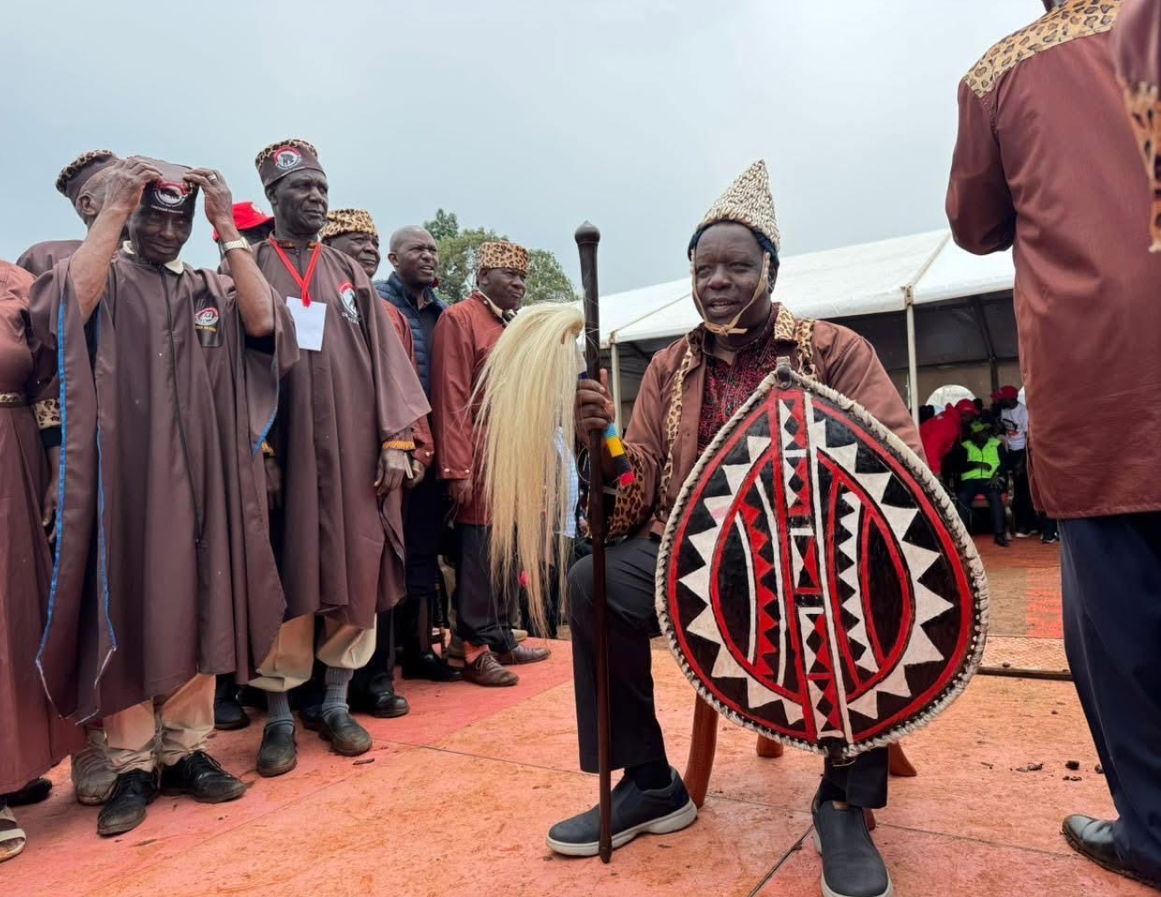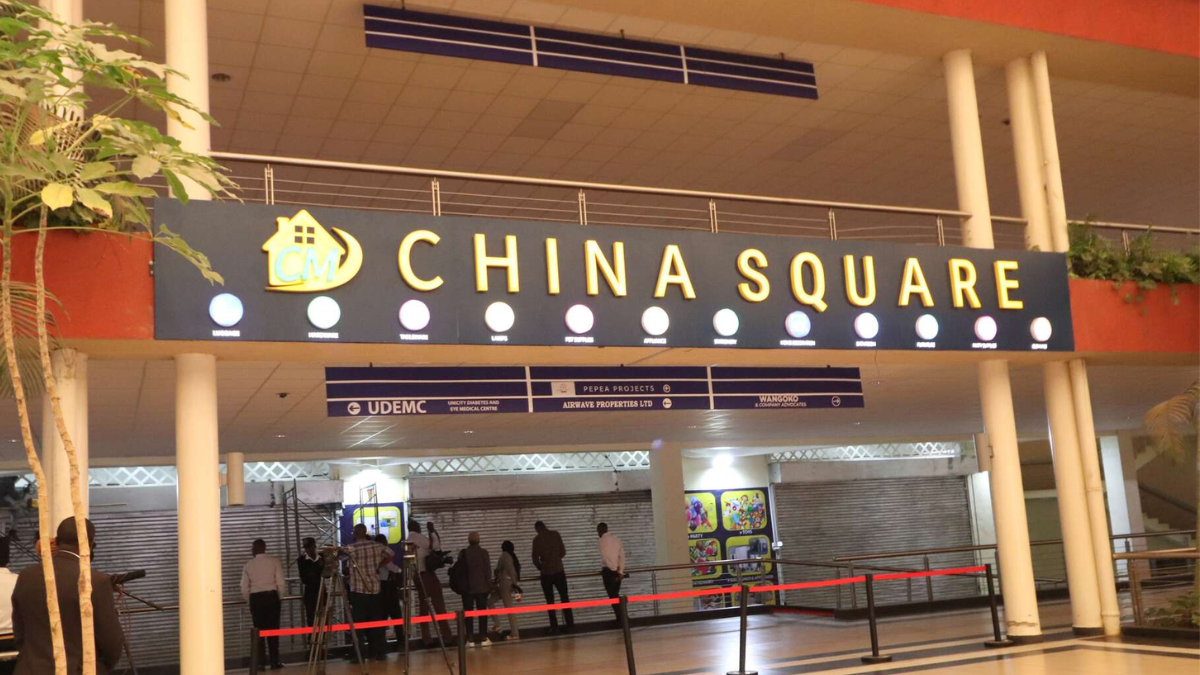Registering a car in Kenya is a key step to becoming a legal and responsible vehicle owner. Whether you’re buying a brand-new vehicle, importing a used car, or purchasing a locally used one, you must meet the guidelines set by the Kenya Revenue Authority (KRA) and the National Transport and Safety Authority (NTSA).
Each type of registration involves different procedures, documents, and costs.
This article simplifies the process for every car buyer and helps you understand what is needed to register a car in Kenya successfully.

Understanding the Process of Registering Car in Kenya
Registering car in Kenya is mandatory under NTSA and KRA regulations. The process varies depending on whether the car is new, imported, or used locally. Here is a breakdown of the different registration paths.
Buying and Registering a Brand-New Car
When you purchase a new car that has never been registered anywhere, the process starts from scratch. This is not a transfer of ownership but an initial registration.
Most car dealerships in Kenya handle this process on your behalf. They act as agents and take care of all the paperwork.
What the Dealership Needs from You:
- A copy of your national ID
- A KRA PIN certificate
These documents are used to register the car in your name.
What the Dealership Does:
- Collects import documents from the manufacturer
- Applies for first-time registration with KRA and NTSA
- Pays taxes based on the car’s engine size and value
Once the process is complete, you receive:
- A new logbook showing you as the first owner in Kenya
- Official number plates
This means your car is now legally registered, and you can use it on Kenyan roads. But owning the car comes with more responsibilities.
Other Legal Requirements:
- A valid third-party insurance certificate
- A valid driving license
Registering an Imported Used Car
Many Kenyans buy used cars from Japan and other countries. The registration of these vehicles is a bit more detailed and starts at the port.
A licensed clearing agent helps clear the vehicle at the Port of Mombasa.
Documents Needed for Clearance:
- Original commercial invoice
- Bill of lading
- Export certificate
- Pre-shipment inspection certificate
These prove the car’s condition and roadworthiness.
What the Clearing Agent Does:
- Handles customs clearance
- Pays import duty and other taxes
- Applies for first-time registration with NTSA
After all dues are paid and the car is cleared:
- The agent uses the NTSA portal to register the car
- You are issued a Kenyan logbook and number plates
This logbook confirms you as the first registered owner of the vehicle in Kenya.
Transferring Ownership of a Locally Used Car
If you’re buying a used car already in Kenya, the vehicle has an existing logbook. You need to legally change ownership from the seller to yourself.
This process is fully online and must be done within two weeks of purchase to avoid penalties.
Step-by-Step Transfer Process:
- Seller logs into NTSA portal:
Uploads the original logbook and inputs buyer’s details including KRA PIN. Pays the transfer fee. - Buyer receives a notification:
Logs into their eCitizen account to accept the transfer. - NTSA reviews and approves:
Once accepted, a new logbook is printed in the buyer’s name.
After the transfer, the vehicle is now legally yours. But you still need a few more things before hitting the road.
Other Requirements After Transfer:
- A valid insurance certificate (minimum third-party cover)
- A valid driver’s license
Final Thoughts
Registering car in Kenya is not just about getting a logbook and number plates. It’s a legal requirement to ensure that the roads are safe and that every car can be traced to its rightful owner. Whether you are buying new, importing used, or purchasing locally, always follow KRA and NTSA guidelines.
Use licensed agents, submit correct documents, and stay updated on all fees. This helps you avoid delays and penalties while giving you peace of mind.

